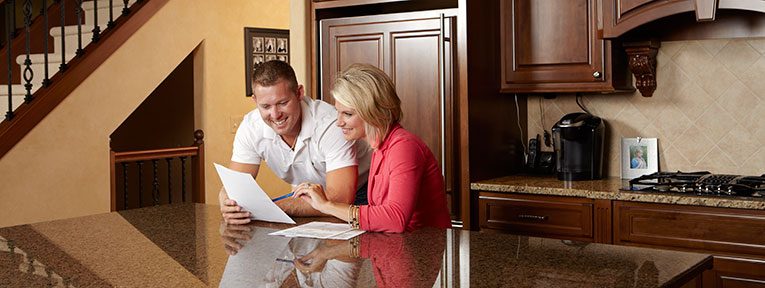
Originally published on November 12, 2012
10 Things You Should Know about AC Units
Maybe your old central air conditioner has quit working, and you think you need a replacement. Maybe you want to upgrade to a more energy-efficient or environmentally-friendly system. Maybe you’re not sure what to do.
Whatever the reason you’re considering a new air conditioner or furnace, you’ll want to go through this handy checklist to make sure you are shopping for the right equipment and asking contractors the right questions.
1. How much time do I really have to replace my system?
Click here to learn how to put time on your side to get the right equipment for your needs.
2. Do I really need to replace my entire system or can it be repaired?
Click here to see the many factors facing the repair vs. replace decision.
3. How much space am I trying to cool (and has it changed since the old AC was installed)?
Click here to learn how you might need more or less cooling and heating power based on changes in your home or workspace.
4. Do I want something more than “just cold air”?
Click here to read about how improvements in comfort, energy costs and the environment can make you feel better and save you money.
5. Do I really need to cool the whole house all the time?
Click here to see how some common suggestions can actually lead to bigger problems.
6. Is there really anything new in air conditioning?
Click here for an overview of new technologies available today and what they mean to you.
7. Are there unique needs in my region of the country?
Click here to see how where you live might determine the type of equipment you should buy.
8. Should I replace my furnace if I replace my air conditioner?
Click here to learn how your air conditioner and furnace work together… and apart.
9. Should I invest in a programmable thermostat?
Click here to see how you can save 20-30% on your energy bill without changing your routine.
10. How do I know which contractor to hire?
Click here for insights into how to ask the right questions and select the best contractor for your situation.



